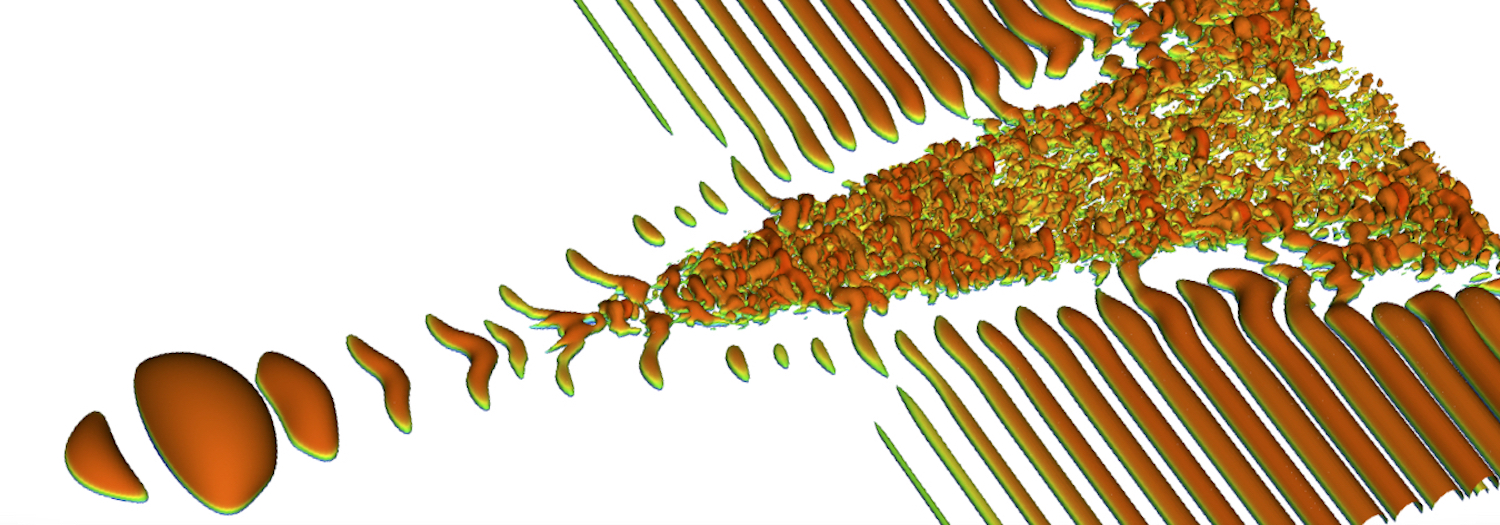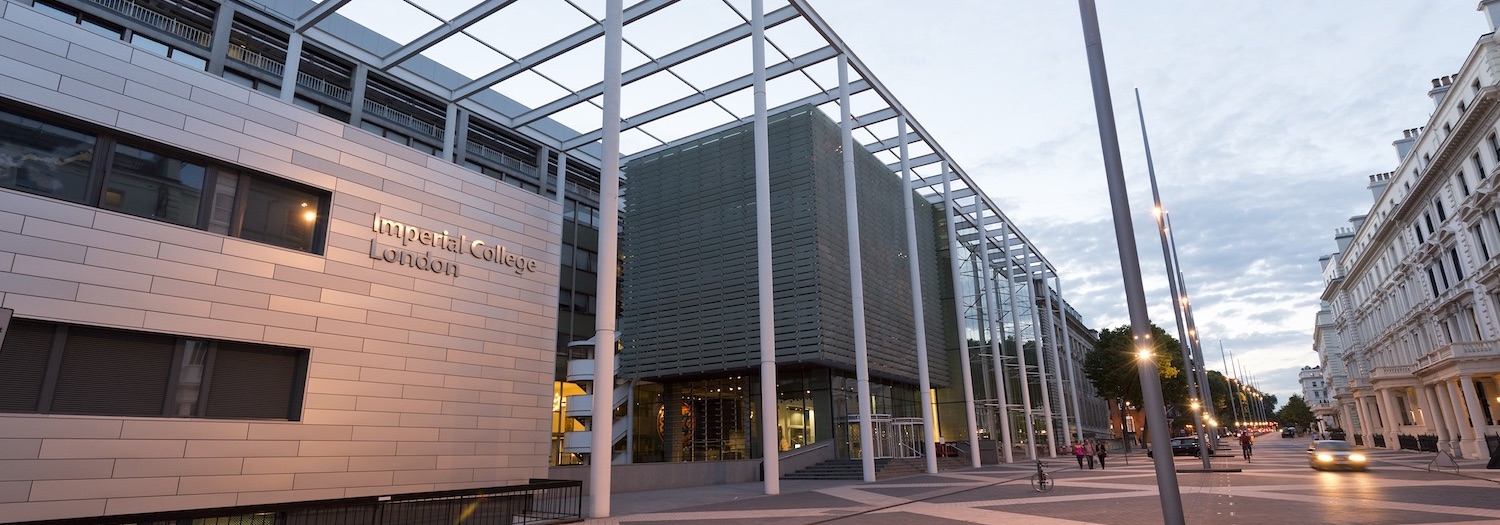Thanks for attending!
IUTAM transition 2019 is now finished and was a great success. We would like to thank all the speakers and attendees for a fantastic range of talks and discussions. A few notes:
- Springer has just informed us that the production schedule will be as follows:
- Page proofs to contributing authors: Week of 28-Feb-2021 to 06-Mar-2021
- Book page proofs (includes front matter) by the Week of 20-Jun-2021 to 26-Jun-2021 (this was unfortunately delayed by a few months).
- Corrections 5 days after receipt of proofs
- Estimated Print Publication Date: Apr-2021
- If you have any issues, please email us at iutam2019@imperial.ac.uk
The objectives of the symposium are to present and discuss novel developments in fundamental and applied aspects of stability and laminar-turbulent transition in complex flows, at all speed regimes, and to provide a forum for the free exchange of ideas for their implementation in an industrial setting. Further, the symposium aims at bringing together leading scientists and industrial practitioners in transition research from Europe, Asia and the Americas to consider and evaluate future directions and demands.
Prompted by recent developments in the field, as well as ongoing efforts, the following topics will be emphasized in the symposium.
- Global analysis of instabilities and receptivities for complex configurations;
- Nonlinear dynamical-systems approaches to minimal seeds and transition to turbulence;
- Influence of multi-physics phenomena on transition: reactive flows, non-Newtonian material behavior, interfacial flows, flows with interacting structures;
- Novel experimental measurement and evaluation techniques for transition in complex flows;
- Roughness-induced transition; transition from steps, gaps, junctions and other geometric imperfec- tions;
- Transition in hypersonic flows; prediction of thermal loads.
- Active and passive control of flows undergoing transition; transition delay;
- Transition mechanisms in natural and controlled environments; receptivity techniques and studies;
- Late stages of transition and the breakdown to fully developed turbulence;
- Transient growth problems and bypass mechanisms and their role in the transition process;


